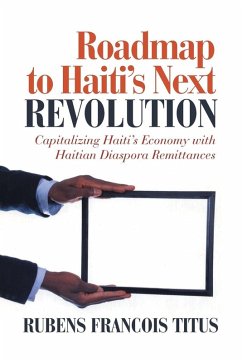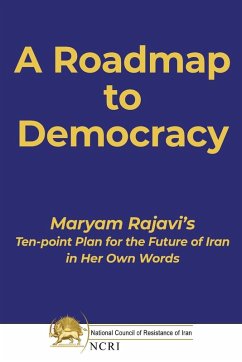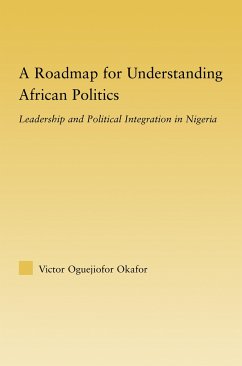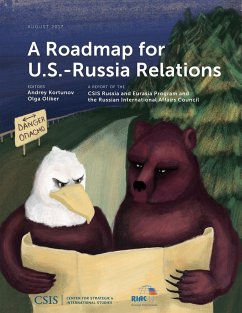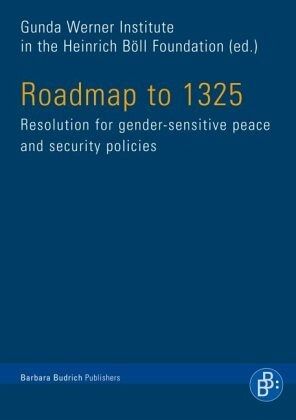
Roadmap to 1325
Resolution for gender-sensitive peace and security policies. Hrsg.: Gunda Werner Institute in the Heinrich Böll Foundation
Versandkostenfrei!
Versandfertig in 2-4 Wochen
22,00 €
inkl. MwSt.

PAYBACK Punkte
0 °P sammeln!
Globalization and new power configurations in the world have greatly changed the meaning of peace and security. Poverty, climate- and resource-related conflicts, instable governments, regional and international terror - ist groups, and criminal organizations all pose a threat to security and stability everywhere. Is there a gender perspective to all this? For quite some time women's organizations and feminist networks have been increasingly involved, putting the gender perspective back on the agenda. Since October 2000, UN Security Council Resolution 1325 has been paving the way to greater gen...
Globalization and new power configurations in the world have greatly changed the meaning of peace and security. Poverty, climate- and resource-related conflicts, instable governments, regional and international terror - ist groups, and criminal organizations all pose a threat to security and stability everywhere. Is there a gender perspective to all this? For quite some time women's organizations and feminist networks have been increasingly involved, putting the gender perspective back on the agenda. Since October 2000, UN Security Council Resolution 1325 has been paving the way to greater gender sensitivity in peace and security policy. But up to now this resolution has not developed its own institutional strength within the UN system and the international community. This volume contributes to filling the gap in knowledge about approaches both to gender-sensitive peace and security policy.
Dieser Artikel kann nur an eine deutsche Lieferadresse ausgeliefert werden.





